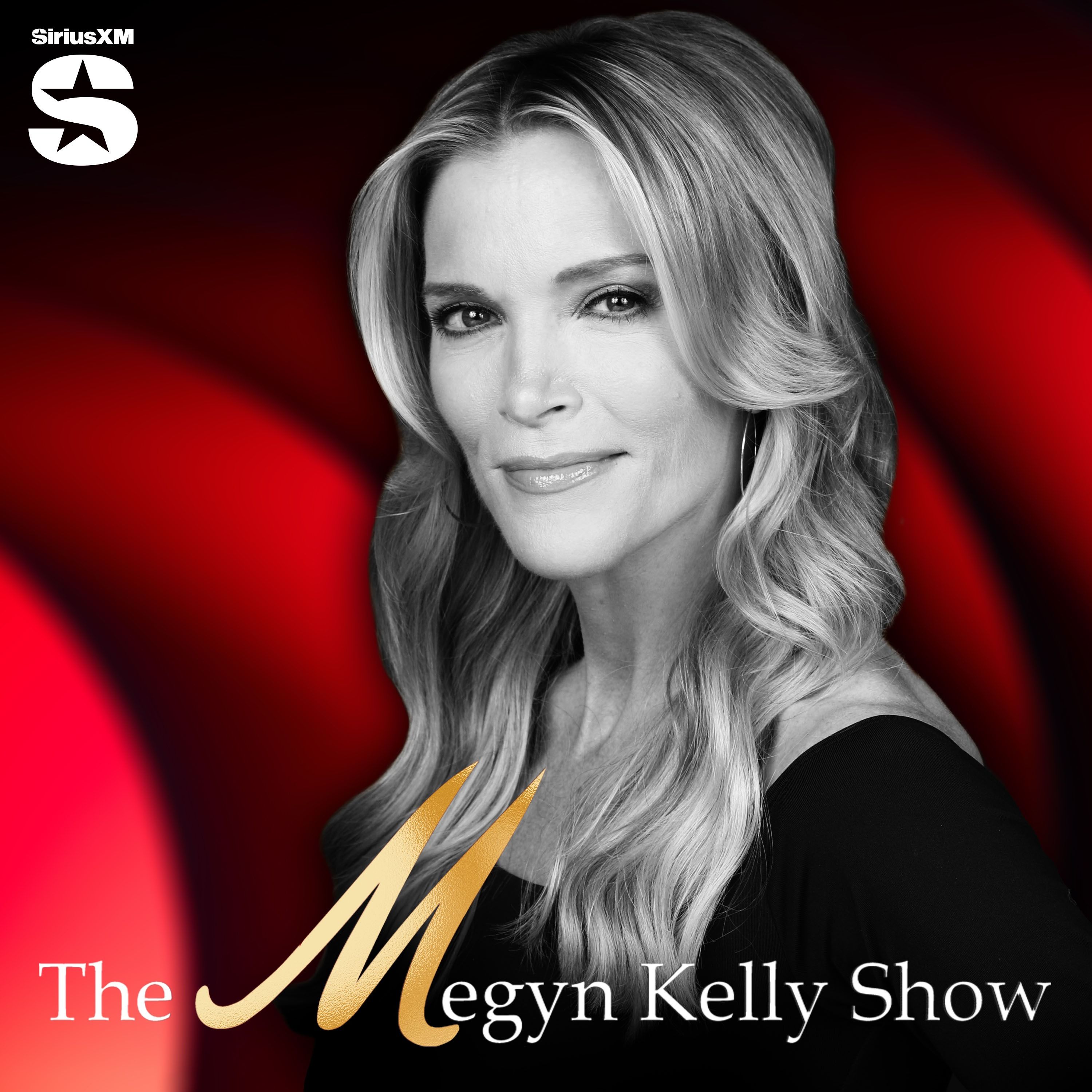PortalsOS
Related Posts
Vote to see vote counts

There is a belief that the political coalition building needed to win has been weakened by viewing a wide variety of people as deplorables.
Engaging with people who feel unfriendly towards one's political views, such as going to evangelical churches, is seen as a necessary political strategy.

The political environment seems to reward individuals who can navigate scandals and maintain their positions despite questionable personal behavior. This raises concerns about the type of personalities that thrive in politics and the potential impact on governance.

Rep. Tim Burchett discusses the frustration in Congress, noting that despite public opinion, leadership often ignores issues like spending bills. He says, "We're more unpopular than chlamydia," highlighting the disconnect between Congress and the public.

There is a significant market failure in both major political parties, with 70% of Americans unhappy with the current political climate.
It's frightening to see the President of the United States talk about his political foes in a way that suggests hatred and a lack of desire for their well-being.

The bureaucracy in political organizations is overwhelming, often working against individuals with strong character like Tulsi Gabbard, making it difficult to stay in the fight.
The diminishment of political coalition building has weakened us, as we have come to view a wide variety of people as deplorables.
The work of politics involves bridging profound moral disagreements, but this has been diminished, leading to a shrinking political tent and a loss of power.
Building political coalitions requires bridging profound moral disagreements. This work has been undervalued, leading to a shrinking political tent and loss of influence.
